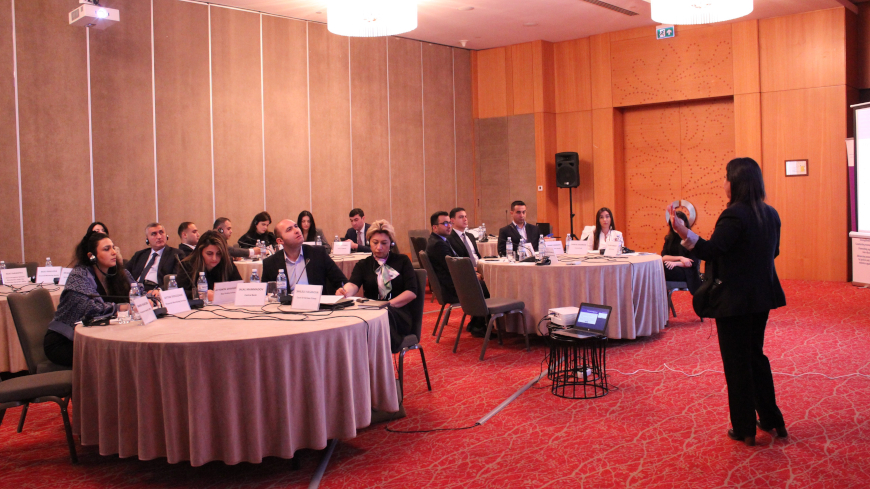The landscape of the traditional financial system continues to change with the rise of crypto assets. This drives the crucial need for further enhancement of the investigation and prosecution against the increasingly sophisticated money laundering schemes employed by criminals to obfuscate the movement of funds.
To this effect, representatives of law enforcement agencies, judiciary, financial intelligence, and central bank practitioners were brought together to improve their understanding of new payment methods, and investigative techniques which can help to deter future crypto-enabled crimes and virtual assets-based money laundering through a training. Essential components, such as the legislative framework and regulatory environment of virtual currencies and virtual asset service providers, identification of money trails, recovery of assets hidden in cryptocurrencies or other digital cards, interagency cooperation to prevent criminal abuse of new payment methods, importance of cross-border investigations and mutual legal assistance were featured in the training. Discussions and exchanges of views were held on legal and ethical constraints in dark web investigations.
This event is part of the European Union and the Council of Europe joint programme “Partnership for Good Governance”, co-funded by the European Union and the Council of Europe, and implemented by the Council of Europe, in the framework of the project on “Preventing and fighting economic crime in Azerbaijan”.





